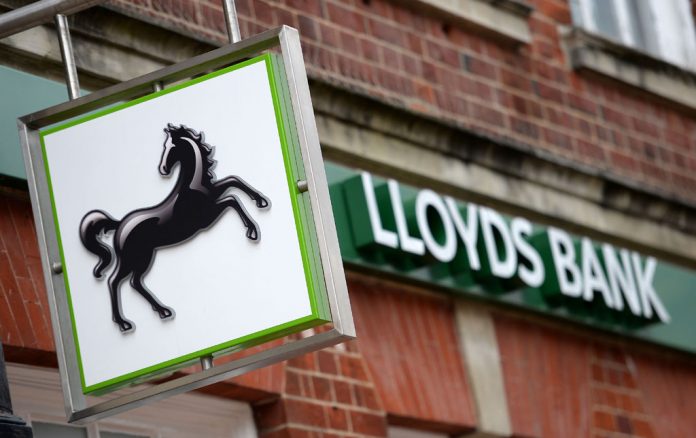LONDON, MAY 17, (DNA) – Britain has sold its last remaining stake in Lloyds Banking Group, making the lender the first to re-emerge from British state ownership in a symbolic step for the country’s recovering banking sector. The sale draws a line under one of the largest bailouts from the 2007-2009 global financial crisis. This involved Lloyds, Britain’s biggest retail lender, being rescued after an ill-fated government-brokered takeover of rival HBOS.
“Six years ago we inherited a business that was in a very fragile financial condition,” Lloyds Chief Executive Antonio Horta-Osorio, who joined the bank in 2011, said in a statement on Wednesday.
“Thanks to the hard work of everyone at Lloyds, we’ve turned the group around.”
The takeover of HBOS in 2008 caused Lloyds to suffer more than 25 billion pounds in losses, with the bailout leaving the government with a 43 percent state shareholding.
Lloyds said in a statement that the government will make a profit of about 900 million pounds ($1.16 billion), having spent more than 20 billion pounds rescuing the bank.
The sale will be seen as a boost to Britain’s Conservative Party ahead of next month’s election, with the stewardship of the economy emerging as key battleground.
However there was criticism that this calculation did not take in to account inflation or fully factor in the cost of borrowing the money to pay for the bailout.
William Wright, managing director at New Financial, a think tank that promotes capital markets in Europe, said he calculated the government had actually made around a 6 billion pound loss on the transaction.
About half of the 137 billion pounds of direct cash injected into Britain’s five bailed-out banks has so far been recovered.
Lloyds has overhauled the way it is run since its bailout and a series of high-profile scandals, scaling back its global footprint and reducing its reliance on short-term funding.
The sale ends a lengthy, and at times politicised, government disposal of its stake that underscores Britain’s banking industry’s slow recovery from the 2008 financial crisis.
British lenders’ long road back to public ownership contrasts with other countries such as the United States, where lenders such as JPMorgan, Bank of America and Citigroup repaid the government by the end of 2009.
In Switzerland, UBS bought back a fund set up by the Swiss National Bank to purge it of its toxic assets in 2013.=DNA
================












